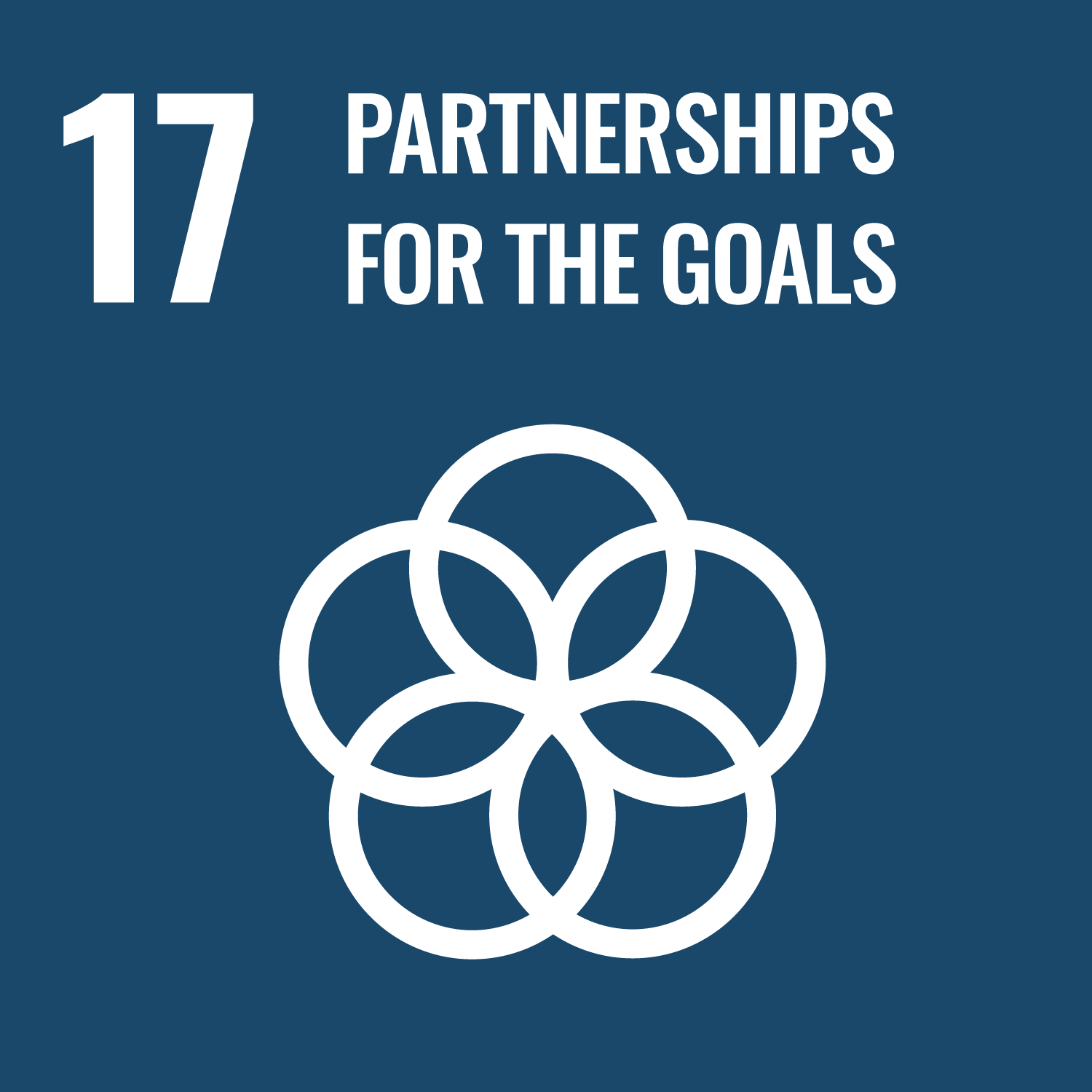

Our prioritised Sustainability Development Goals (SDGs)
We contribute to the UN Decade of Action through the UN SDGs, which are embedded in our strategy and purpose. We have prioritised six SDGs which we directly contribute to while linking and indirectly contributing to the other 12 SDGs.
Explore our initiatives around those six key goals
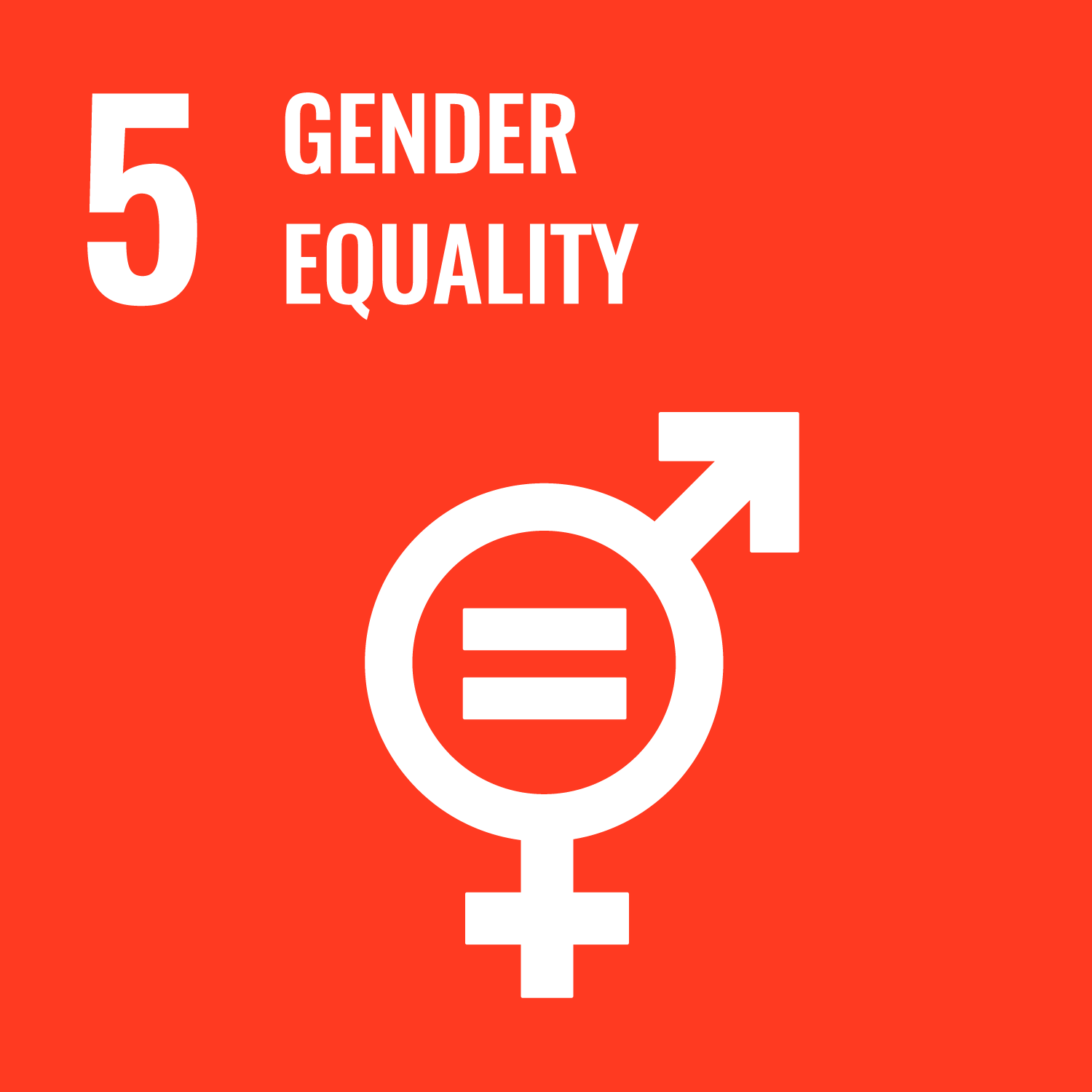
- Our work on the empowerment of women addressed barriers to gender equity and placed emphasis on equitable representation, skills and capability building and ensuring an inclusive culture for women. Improving equitable gender representation across all role categories, with an emphasis on African and Coloured (AC) females in South Africa.
- Through our talent management processes, we increased the number of AC females in succession pools for senior leadership and critical roles and drove focused leadership programmes. The health and diversity of our pre-investment pools remained critical to ensuring the sustainability of our talent pipelines. Our Graduate Development Programme comprised of 44% females. Bursars comprised of 54% females while our Learnerships comprised of 42% females.
- Understanding our risk landscape and managing our activities in a way that eliminates incidents, minimises risk and promotes excellence in the performance of our operations; and
- Leveraging our risk-based approach to managing our Top SHE Risks (Key Undesirable Events), while strengthening our combined SHE assurance processes.
- Management of exposure to physical, chemical, biological and ergonomic factors;
-
Prevention of occupational diseases and injuries; and
- Promotion of health and workability, rehabilitation and return to work as well as emergency response and curative services.
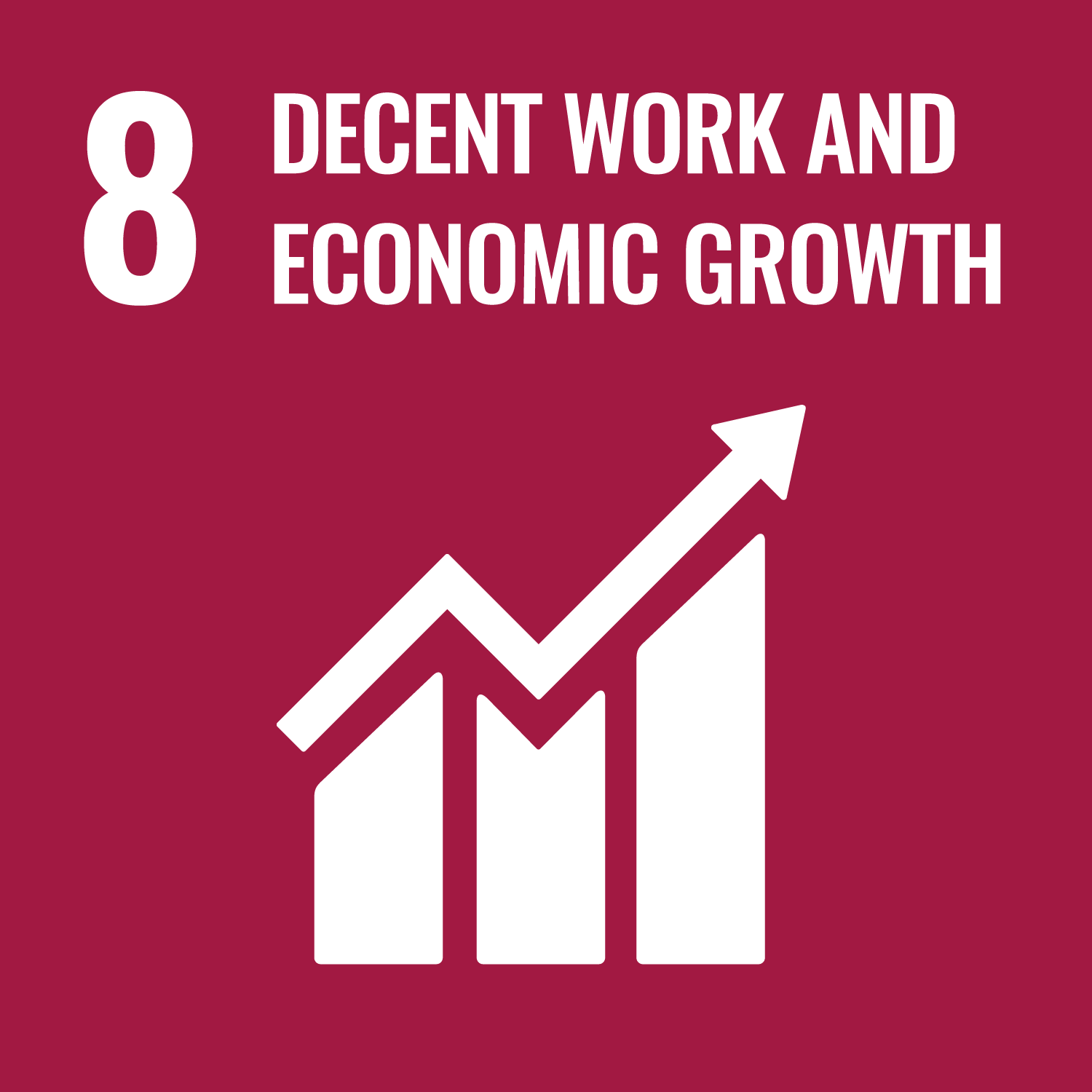
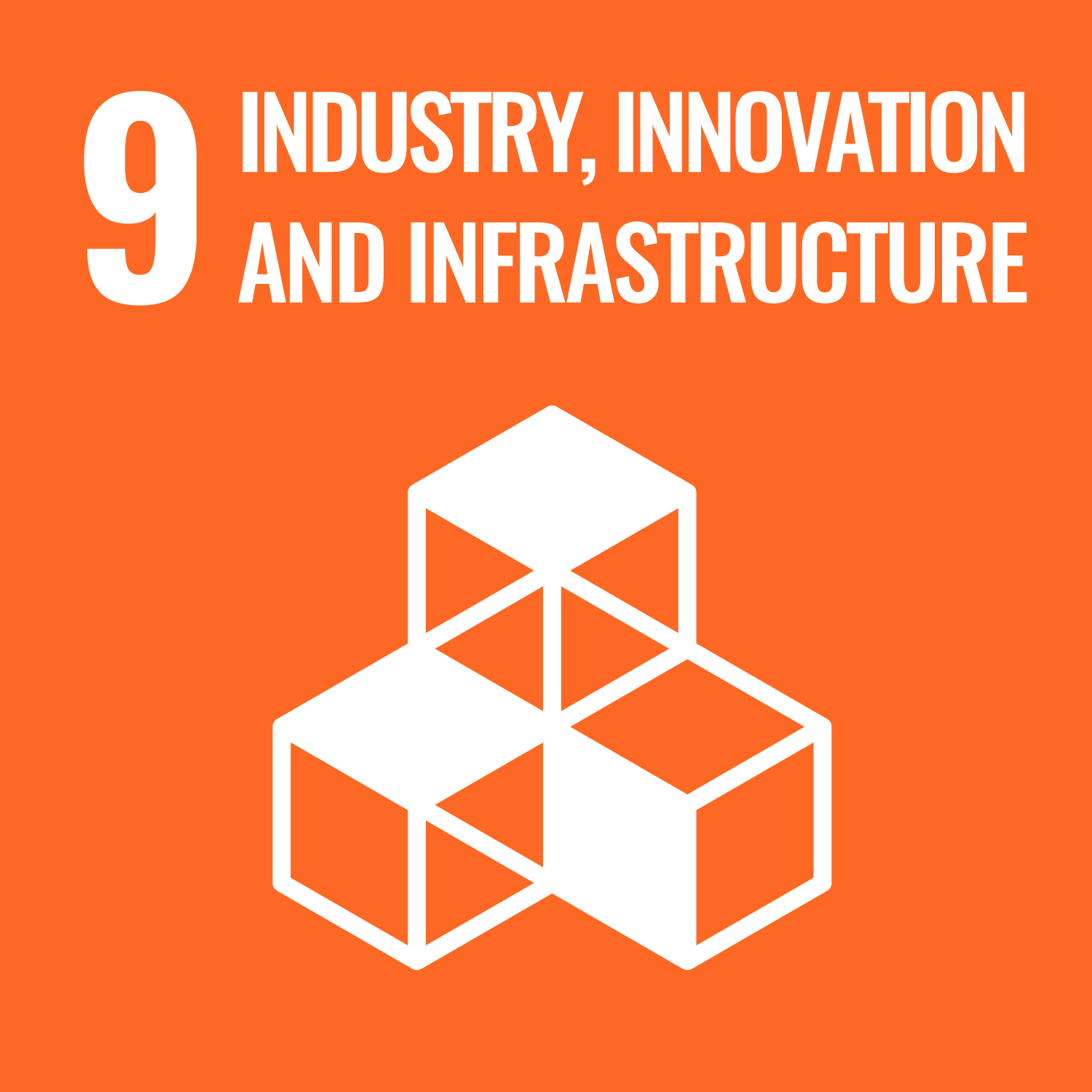
- Sasol Chemicals and Mission Possible Partnership (MPP) collaborate to evaluate potential projects for our sustainability hub at the Lake Charles, Louisiana, US location. MPP will advise Sasol on potential projects related to the use of hydrogen as an energy source; carbon capture, use and storage; and sustainable aviation fuel production, with the goal of advancing one or more projects to final investment decision.
-
Sasol Chemicals introduced two brands that will expand our offerings of sustainable products. CARINEX SL AND LIVINEX SL, both biosurfactants developed with the help of a strategic partner, Holiferm Limited. These products offer an extensive reduction in carbon footprint compared with petroleum or bio-based surfactants.
-
Sasol Chemicals and Solugen formed a strategic partnership to explore the commercialization of new solutions to meet rapidly growing consumer demand for sustainable ingredients in home and personal care products. The goal is to assess the effectiveness of Solugen’s proprietary products, blends and derivatives in our household, personal care, and industrial and institutional cleaning surfactant formulations.
- Sasol Chemicals has signed a five-year agreement with Transnet to transport ammonia by train from Sasol’s Secunda and Sasolburg facilities to their customers, utilizing a dedicated fleet of 128 ammonia tankers. This step will significantly reduce CO2 emissions compared to the previous transportation method.
At Sasol, responsible consumption and production are deeply ingrained in our culture. We achieve this by continuously improving our processes and transforming into a world-class organization.
Here are some key initiatives that support our commitment to Sustainable Development Goal 12 (SDG 12):
- Roundtable on Sustainable Palm Oil (RSPO) Membership: Along with our membership in the Action for Sustainable Derivatives, we’ve obtained supply chain certification for major production sites. This helps introduce and maintain transparency of renewable feedstocks in the chemical industry’s supply chain
- Alliance to End Plastic Waste Membership: We’re part of this alliance to help eliminate plastic waste from the environment. One of our key projects, the INKWAZI ISU project, focuses on improving the environment through recycling, waste management, and upcycling of recycled materials.
- Sasol’s Plastics Recycling Project: We’re advancing both chemical and mechanical recycling solutions to reduce and eliminate plastic waste in the environment. This initiative not only creates value but also supports the reuse of hard-to-recycle plastic waste in South Africa.
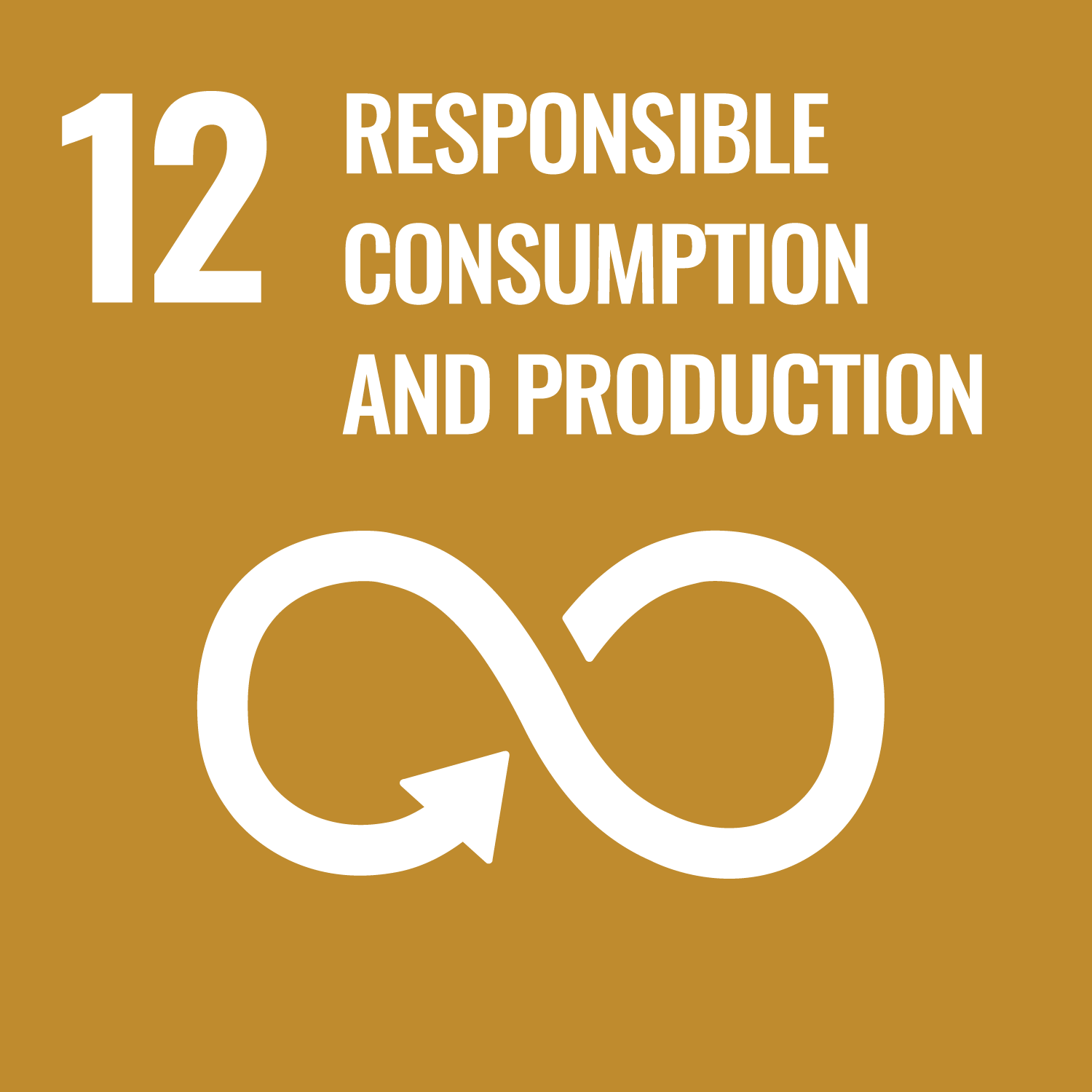
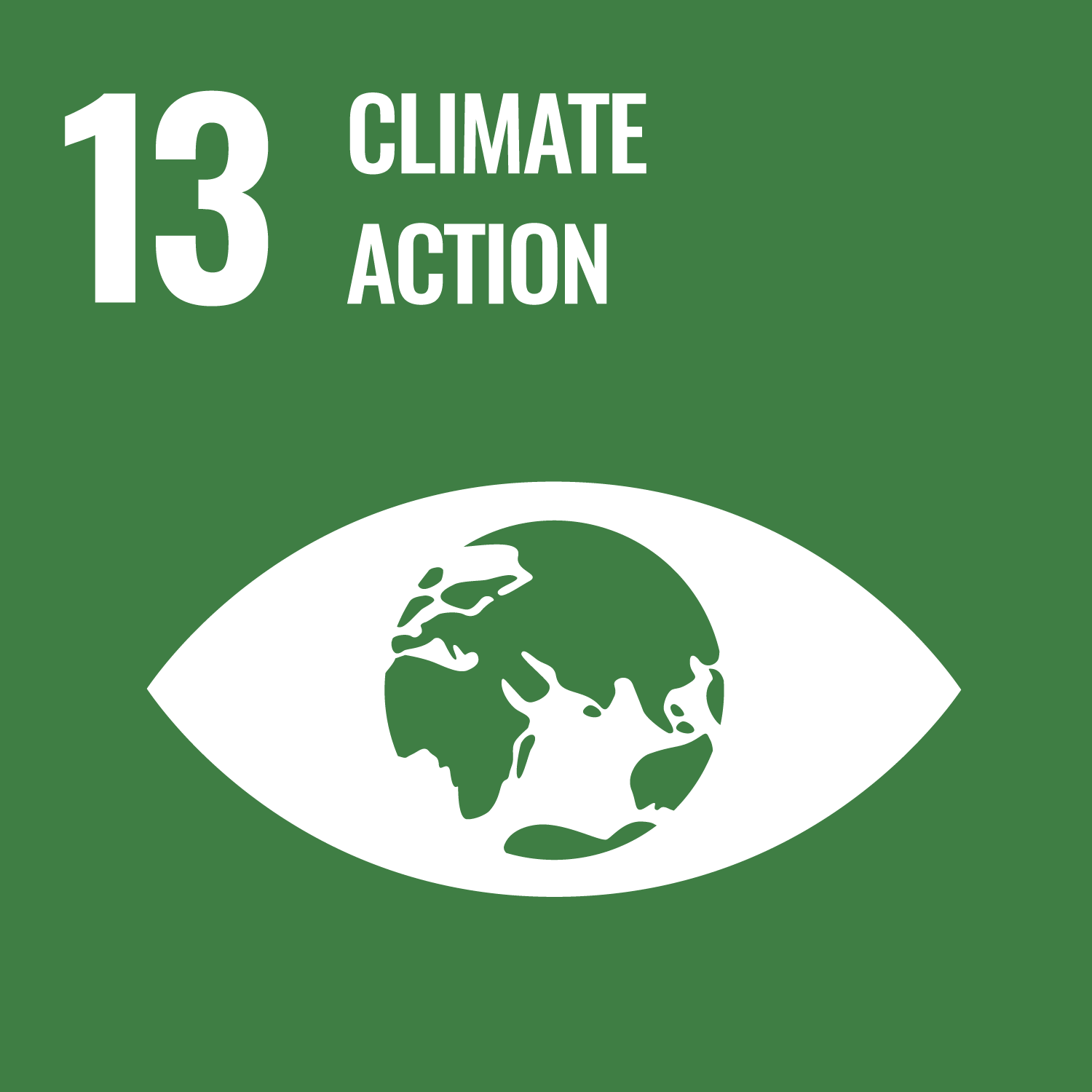
- Renewable Energy, we are focusing on renewable power by making both direct purchases and virtual agreements at our main production sites.
- Process optimization, we are optimizing processes through digital technology and investments in energy efficiency.
- Advanced technologies, including electrification and options for blue and green hydrogen.
-
Carbon Capture, Utilization, and Storage (CCUS): We capture and transform carbon into valuable chemicals and fuels. Our facilities in the US and Europe are strategically located within industrial hubs, making them well-suited for collaborative CCUS initiatives.
-
Policy and Funding: We adjust to shifts in policies, regulations, and funding opportunities, which influence our planning and decision-making.
We achieve our promise by:
-
Contributing to thriving host communities,
-
Partnering for socio-economic value
-
Contributing to a just and responsible transition and
- Placing our key stakeholders and partners at the centre of the implementation process.
- Developing biosurfactants with Holiferm,
-
Evaluating the effectiveness of using bio-based ingredients for personal care and cleaning products with Solugen,
-
Developing a sustainable aviation fuel with Uniper,
-
Assessing potential projects related to the use of hydrogen as an energy source, carbon capture and sustainable aviation fuels production with Mission Possible,
- Transporting ammonia by train from our Secunda and Sasolburg facilities to our customers.
